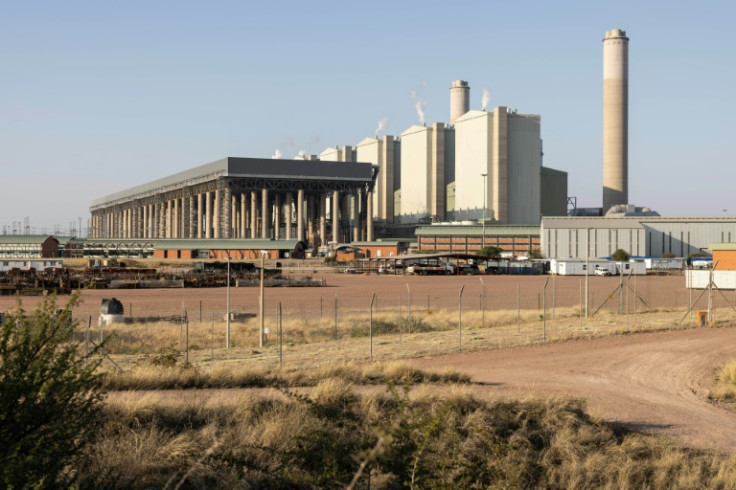Eskom To Test Load Limiting Pilot Project In Eastern Cape Town

Eskom, responsible for supplying electricity across South Africa, announced that it will take the load-limiting pilot project at Bedford in the Eastern Cape province.
The announcement came after Eskom successfully implemented the project in another Eastern Cape town, Adelaide. Talking about Bedford, the power utility said that instead of load-shedding stages, customers who have smart meters can limit their own electricity consumption.
Eskom Cape Coastal Cluster General Manager Mbulelo Yedwa said, "Electricity load limiting through smart meters is being implemented to better balance the supply and demand of electricity on the grid during Stages 1 to 4 of load shedding allowing customers to continue to use essential appliances with the capacity of up to 10 Amperes," SA News reported.
The Customer Interface Unit (CIU) of the smart meter of customers in selected pilot areas will get a message to reduce their electricity consumption to 10 Amperes from 60 Amperes.
Furthermore, the customers will also receive a notification via text message. If the customer is using more than 10 Amperes, the smart meter will automatically make two more attempts 30 seconds apart. However, after a third failed attempt, it will reset after 30 minutes.
Eskom expects this initiative to help reduce the impact of load shedding in the country as customers can use essential appliances such as lights, TV, cell phone charger, fridge and security during load limiting.
"It is the responsibility of the customer to reduce consumption by switching off non-essential appliances and only keep connected essential appliances up to a maximum of 10 Amperes for the duration of the load limiting period," Eskom said.
Load shedding is one of the major problems in South Africa as it impacts the economy of the country.
Last year, the National Union of Metalworkers of South Africa (NUMSA) spokesperson Phakamile Hlubi-Majola pointed out that no one wants to take responsibility for load shedding.
She referred to the 1998 White Paper on the Energy Policy, which clearly stated that "Eskom's present generation capacity surplus will be fully utilized by about 2007" and "timely steps will have to be taken to ensure that demand does not exceed available supply capacity and that appropriate strategies, including those with long lead times, are implemented in time."
© Copyright 2026 IBTimes ZA. All rights reserved.





















